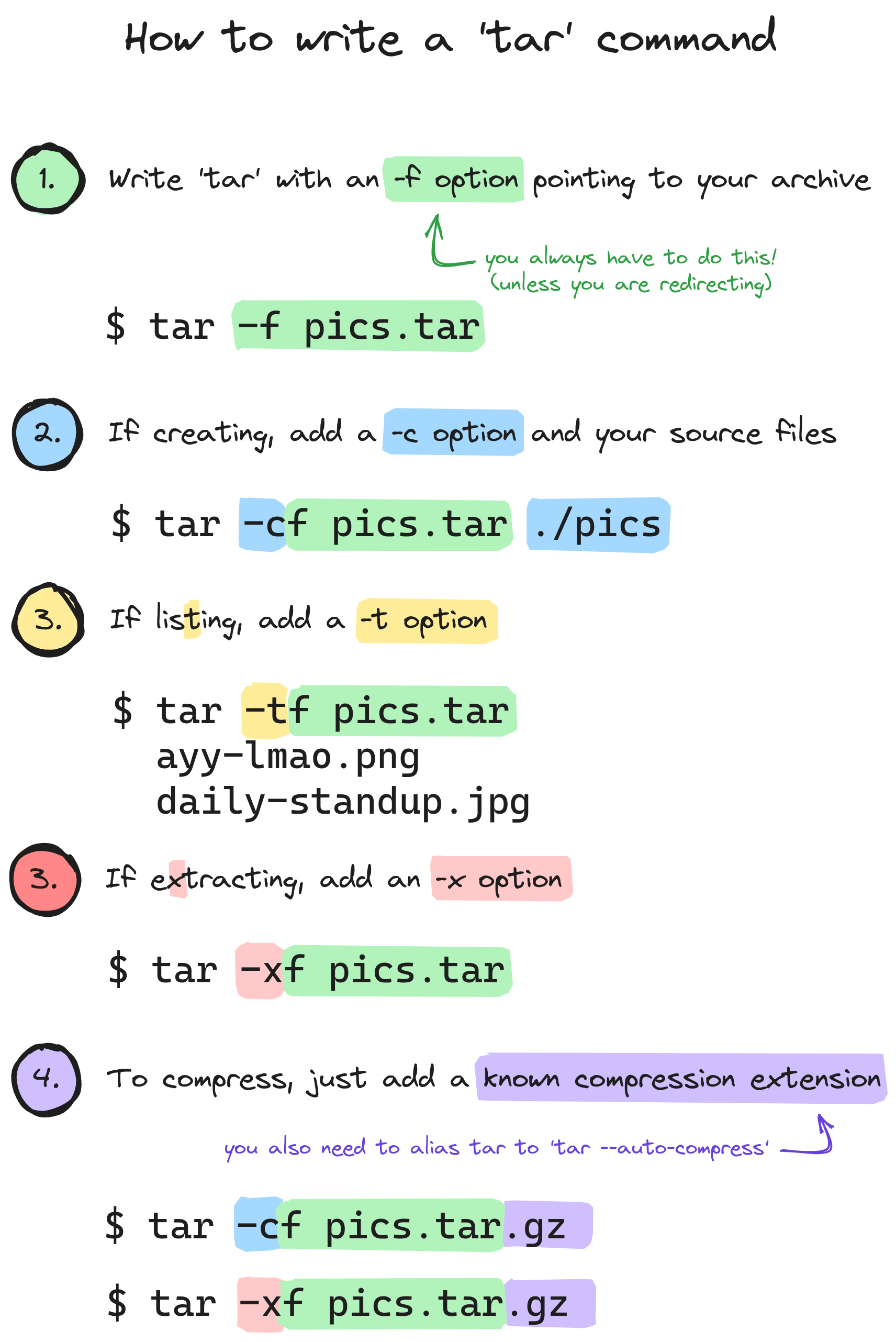this post was submitted on 18 Sep 2023
822 points (98.0% liked)
Linux
48844 readers
1160 users here now
From Wikipedia, the free encyclopedia
Linux is a family of open source Unix-like operating systems based on the Linux kernel, an operating system kernel first released on September 17, 1991 by Linus Torvalds. Linux is typically packaged in a Linux distribution (or distro for short).
Distributions include the Linux kernel and supporting system software and libraries, many of which are provided by the GNU Project. Many Linux distributions use the word "Linux" in their name, but the Free Software Foundation uses the name GNU/Linux to emphasize the importance of GNU software, causing some controversy.
Rules
- Posts must be relevant to operating systems running the Linux kernel. GNU/Linux or otherwise.
- No misinformation
- No NSFW content
- No hate speech, bigotry, etc
Related Communities
Community icon by Alpár-Etele Méder, licensed under CC BY 3.0
founded 5 years ago
MODERATORS
you are viewing a single comment's thread
view the rest of the comments
view the rest of the comments

I think the
-jalso compresses with bzip2 but I'm not sure if this is defined behavior or just a shortcutYes, but I'm asking you to use pbzip. bzip at best utilizes one core, both for packing and unpacking. pbzip uses as many cores as IO bandwith allows - with standard SATA SSDs that's typically around 30.
pbzip can only utilize multiple cores if the archive was created with it as well.
Does something similar happen using
xz?I've searched for it and xz also doesn't use multithreading by default, you can change the program tar uses to compress by passing the
-Ioption. For xz using all possible CPU threads:tar -cv -I 'xz -6 -T0' -f archive.tar.xz [list of directories]The number indicates the compression ratio, the higher the number, the more compressed the archive will be but it will cost more in terms of memory and processing time
Thanks for answering your own question, this is useful information.
There's nothing technically wrong with using xjf rather than xzf, but it'll bite you if you ever use a non-linux platform as it's a GNU extension. I'm not even sure busybox tar supports it.